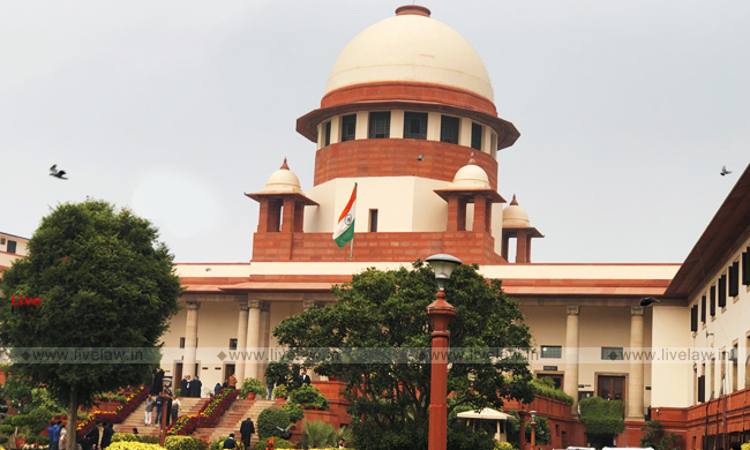1993 Bombay Blasts- Supreme Court To Hear 'Juvenile' Convict's Article 32 Challenge To Life Sentence Next Week
Mehal Jain
19 Nov 2020 5:20 PM IST

Next Story
19 Nov 2020 5:20 PM IST
The Supreme Court on Thursday agreed to hear a writ petition next week against its March 21, 2013 decision upholding the conviction of Muhammad Moin Faridulla Qureshi in the 1993 Mumbai blasts and the sentence of life imprisonment.Qureshi, who claimes that he was 17 years and 3 months old when he loaded vehicles with explosives and fitted them with timers to devastating effect on March 12,...
